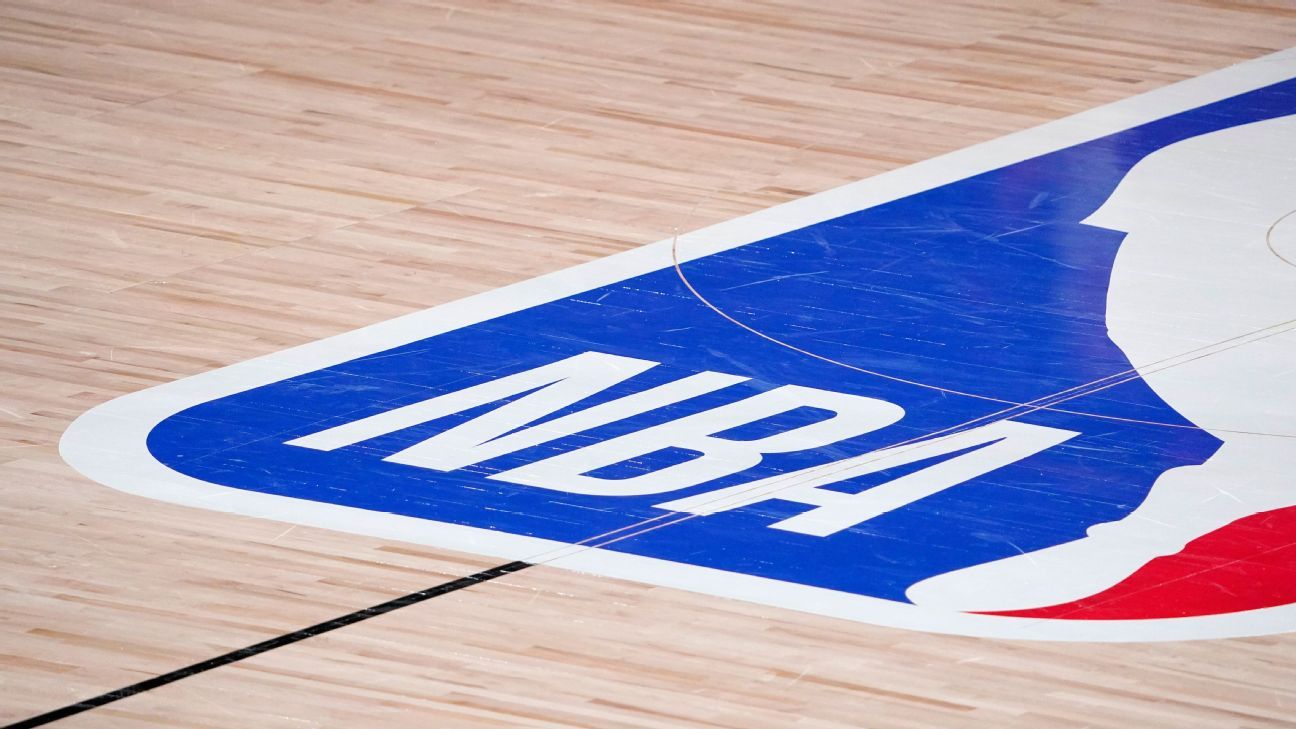
The NBA's board of governors is expected to approve two significant changes to the rules governing two-way contracts next week, sources told ESPN: allowing players on them to be active for more than 50 games and allowing them to be eligible for the playoffs.
Although there is no official agreement in place yet between the NBA and the National Basketball Players Association, there have been lengthy discussions about both proposals, sources said, and they are expected to be ratified at next week's meeting, with teams and the union in agreement that the changes should be made.
At the start of the season, sources said, the NBPA was against increasing the two-way games limit past 50 games for two reasons: not wanting NBA teams to use them as substitutes for signing players to full roster spots, and to give players currently on two-way contracts leverage to attempt to get converted to standard NBA contracts themselves.
The expected agreement, however, will address those concerns. The players currently on two-way deals will be paid at the standard NBA minimum rate once they go past the 50-game limit -- allowing them to make the same money as if they had been converted to a standard contract, sources said. And, given that the season is half over and teams are still navigating trying to complete the regular season amid the ongoing COVID-19 pandemic, the potential fears about players on two-ways being used in place of players with full roster spots have lessened.
Although two-way players will get paid at the increased rate once they pass 50 games, the two-way contracts will remain at the same lower figure they were previously -- a win for teams that are trying to navigate both the hard cap and the luxury tax over the final few months of the regular season.
The changes will be especially important for teams currently using players on two-way contracts as key parts of their rotation, including the Golden State Warriors (forward Juan Toscano-Anderson), Toronto Raptors (forward Yuta Watanabe) and Washington Wizards (guard Garrison Mathews). Previously, teams would have had to open a roster spot and convert players to standard NBA contracts for them to be eligible to play in the postseason. Now, because of this change, that won't be necessary, giving teams additional roster flexibility heading into the March 25 trade deadline.















 Phone: (800) 737. 6040
Phone: (800) 737. 6040 Fax: (800) 825 5558
Fax: (800) 825 5558 Website:
Website:  Email:
Email: 






